Indigenous voice to parliament: Claims of ‘no say’ on AUKUS nuclear subs torpedoed by referendum adviser
Sally Scales, part of the PM’s referendum advisory group, says Aboriginal communities should be consulted on aspects of the AUKUS deal.
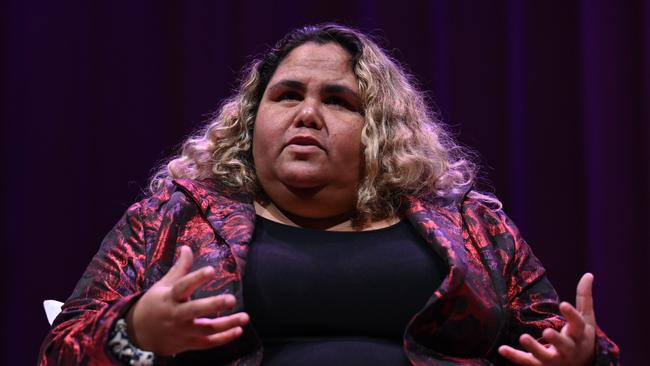
A member of Anthony Albanese’s referendum advisory group says the AUKUS nuclear submarine project has the potential to impact Indigenous communities, signalling she backs the voice to parliament advising government on the key pillar of Australia’s defence policy.
Artist Sally Scales said Aboriginal communities should be consulted on aspects of the nuclear subs deal, including where they will be docked.
“I don’t care about the nuts and the bolts of the submarines. But what do I care about? Where’s that nuclear waste going to go for (those) submarines?” Ms Scales told an event at the Australian National University on Wednesday night.
“If we’re going to build new ports for these submarines, where are those ports going to be? How (are) those Aboriginal communities going to be consulted and worked with?”
Ms Scales was a member of the government’s referendum advisory group that provided guidance to Anthony Albanese on the wording for amending the Constitution to enshrine a voice.
The comments contradict statements made last week by Indigenous leader Noel Pearson, who was also a member of the referendum advisory group.
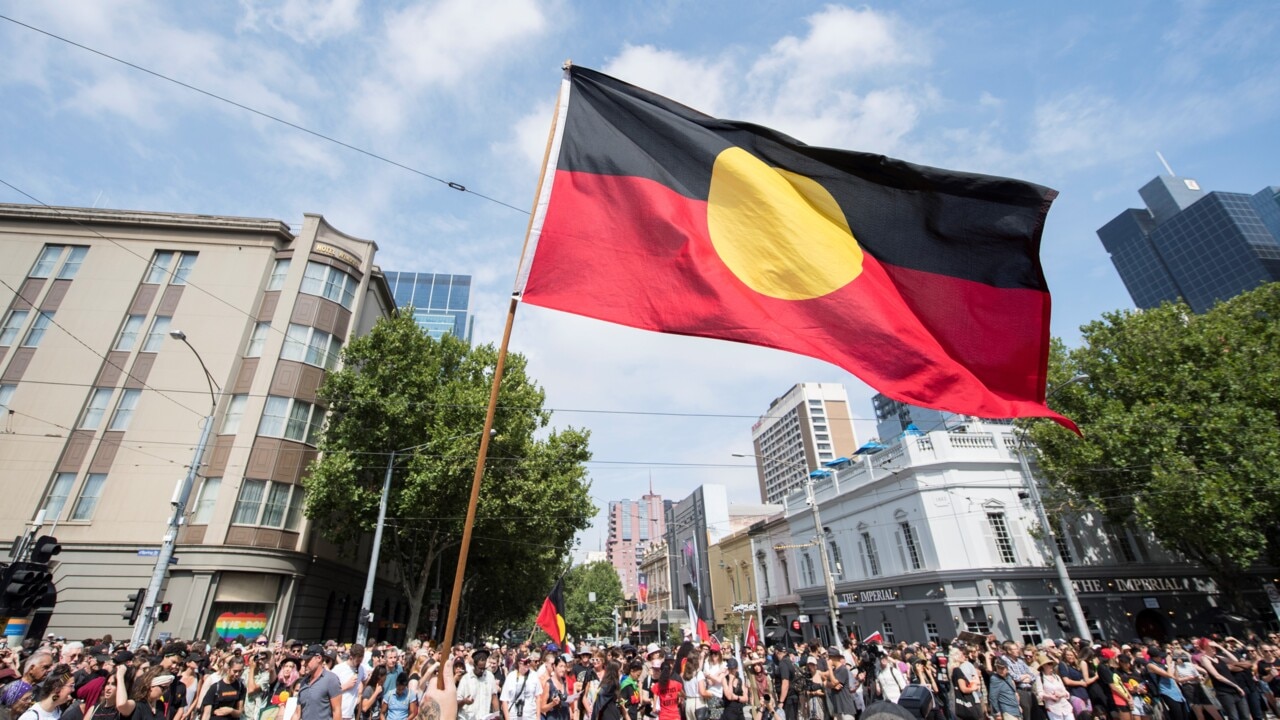
Mr Pearson told a La Trobe University event the constitutional amendment – which states the voice would make representations on “matters relating to Aboriginal and Torres Strait Islander peoples” – was unlikely to extend to issues such as parking fines and submarines, a rejection of a key No campaign argument.
“I just don’t know how you squeeze parking tickets and nuclear submarines and so on into that clause, as a purpose of this voice. The purpose is clear that it’s on matters relating to Aboriginal and Torres Strait Islander peoples,” he said.
The differing comments from voice supporters come as the government faces scrutiny over the potential remit of the body, and seeks to downplay claims it would be far-reaching.
Under pressure from the No campaign over the scope of the voice, Mr Albanese in June told parliament it would only advise on issues that would impact Indigenous people “differently” from other Australians.
In July, Indigenous Australians Minister Linda Burney said she would ask the body to focus on four areas: health, education, housing and jobs.
But Ms Burney said the composition and functions of the voice would ultimately be determined by legislation after a successful referendum.
“The way that I see it as the minister is that the scope should be a respectful discussion with the voice,” she said.
“I have identified very clearly what I think the priorities are, but obviously there are other issues like baby birth weights, like life expectancy.
“But I really say very clearly there is nothing to lose and everything to gain from this establishment of a voice.”
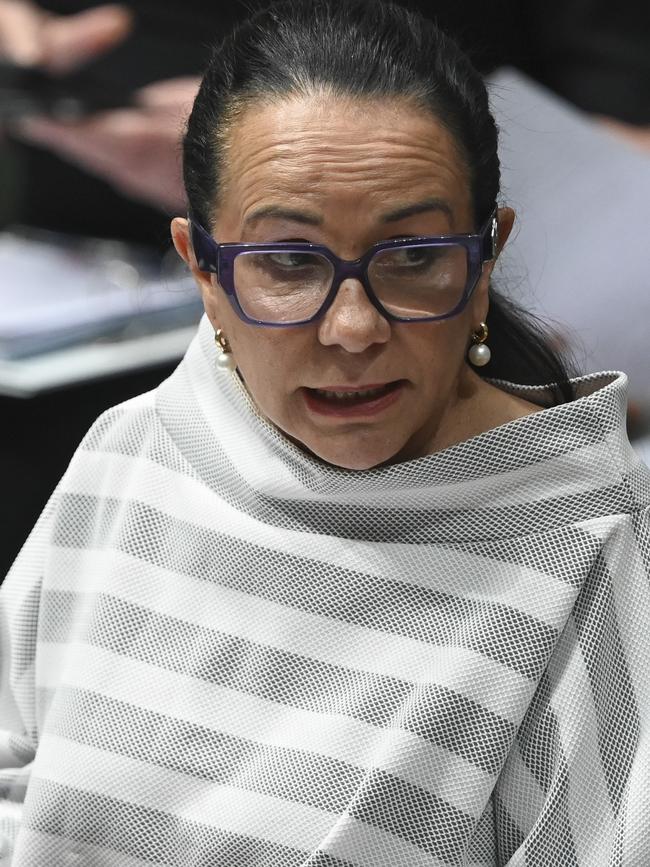
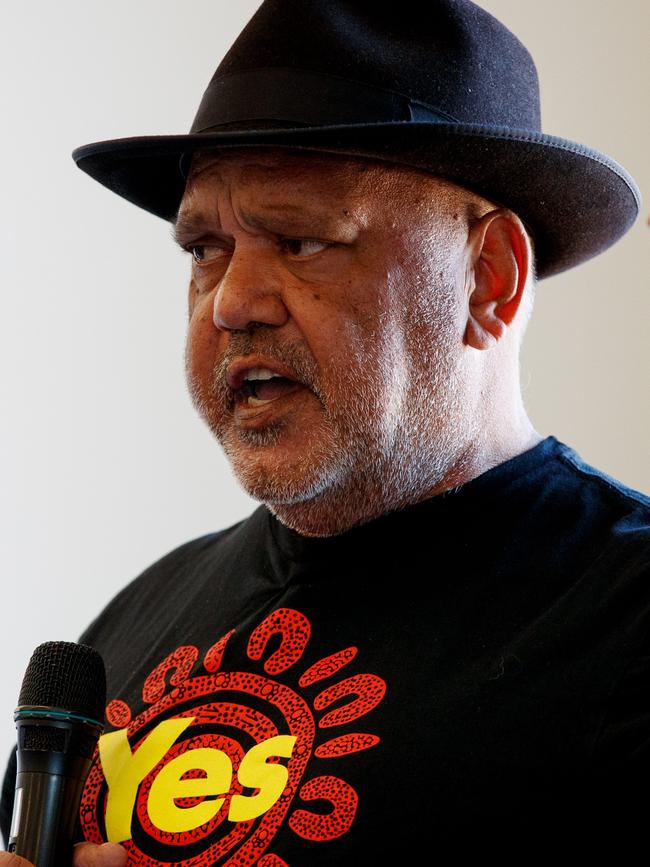
The Prime Minister has slammed questions on the scope of the voice and whether it would advise on matters such as the safeguard mechanism, describing them as nothing more than “distractions”.
But referendum working group member and UNSW law professor Megan Davis said the voice “would be able to speak to all parts of the government”.
“(This includes) the cabinet, ministers, public servants and independent statutory offices and agencies – such as the Reserve Bank, as well as a wide array of other agencies including, to name a few, Centrelink, the Great Barrier Marine Park Authority and the ombudsman – on matters relating to Aboriginal and Torres Strait Islander people. This isn’t to be feared,” Professor Davis said at the time.
Fellow referendum working group member Sean Gordon said the No campaign’s focus on whether the voice would advise on issues such as the nuclear submarines “missed the point”.
“If people understood native title and if people understood cultural heritage laws in each state and territory, Indigenous people already get a say on those things,” he said.
“We already get a say in regards to whether a nuclear waste dump is going to be built somewhere … or whether they’re going to build a port off wherever.
“Planning laws specifically state that Aboriginal people must be consulted in regards to Aboriginal cultural heritage and ensure minimal impact in regards to the damage of particularly significant sites. That already exists.”


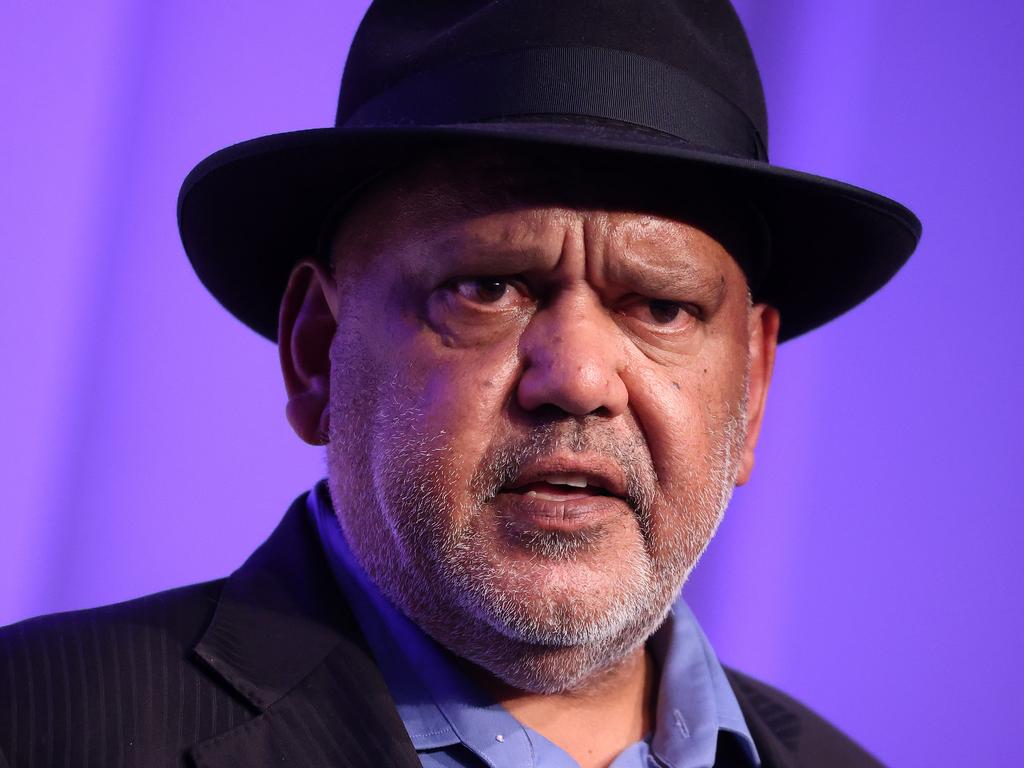

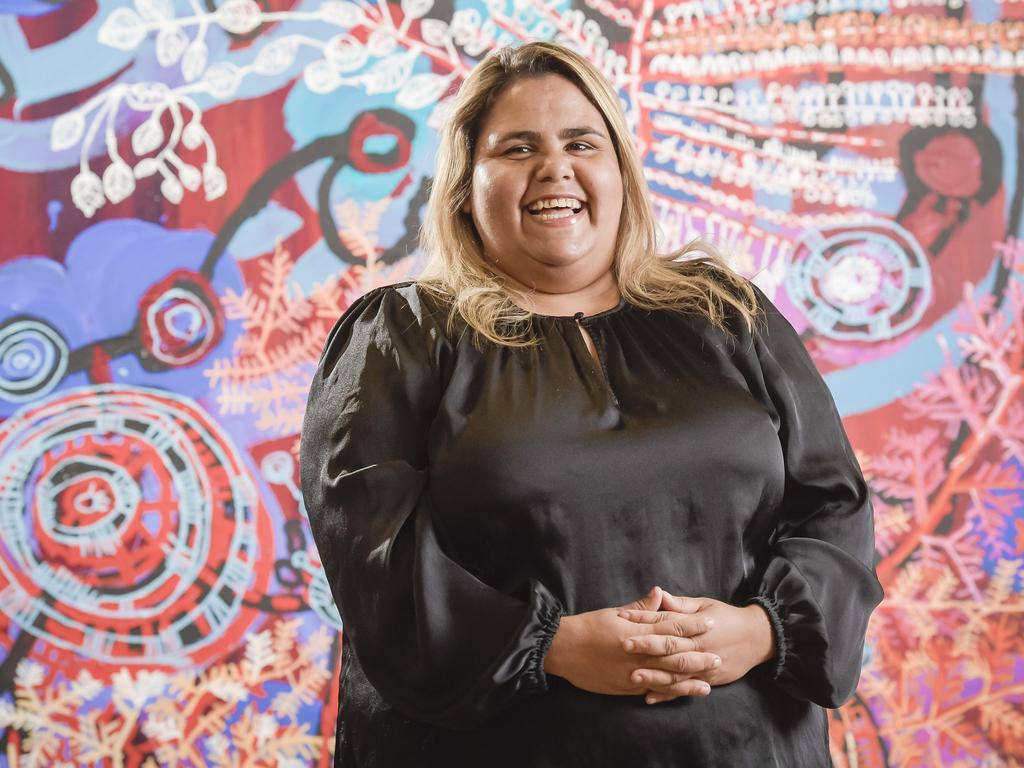

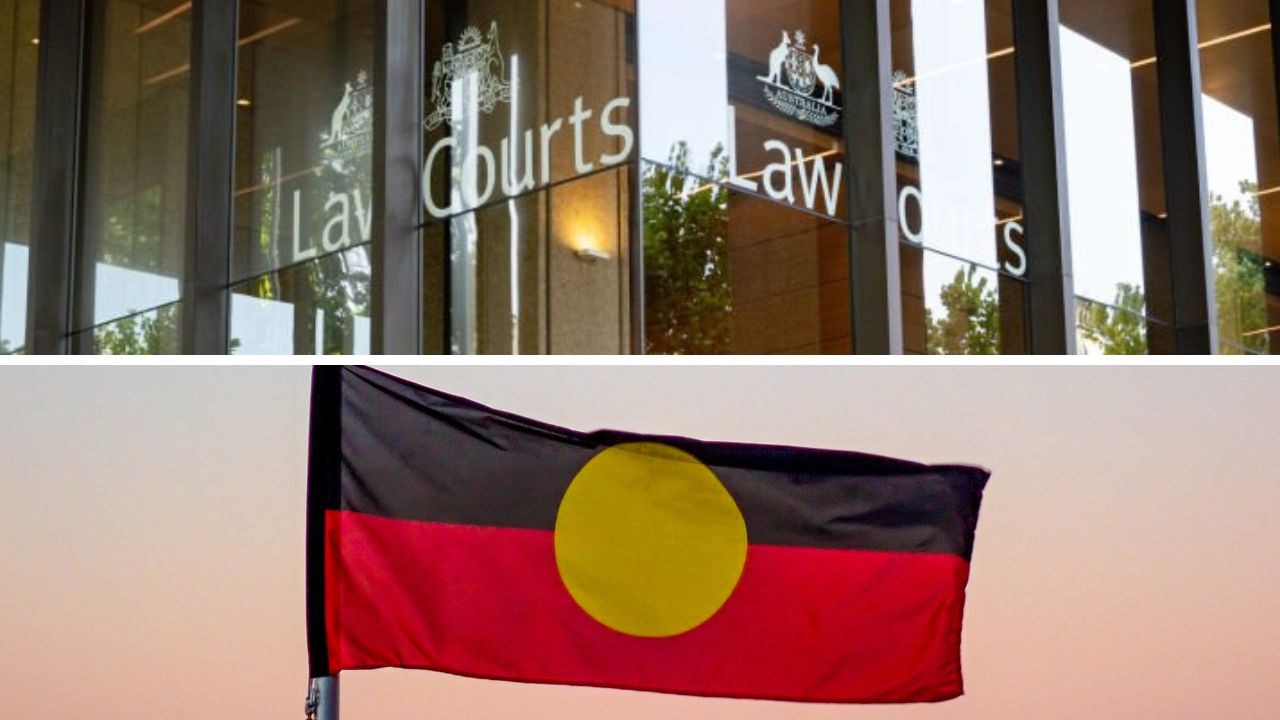
To join the conversation, please log in. Don't have an account? Register
Join the conversation, you are commenting as Logout